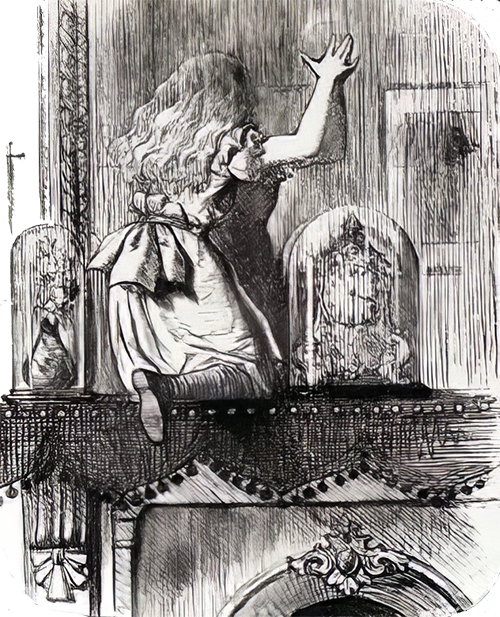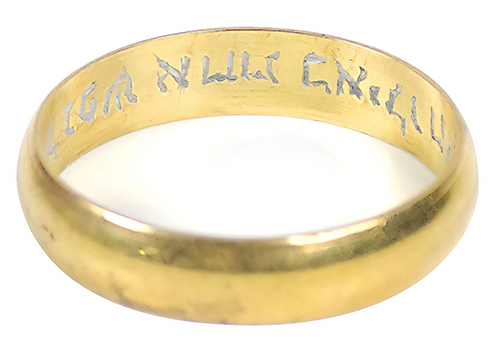
It happens with a frequency that can be annoying!
As friends we are kicking the football around in the backyard, and, with a kick a little higher than usual the ball ends up in the tree!
Each of us can see it clearly and attempts are made to free it from the clutches of the branch; other balls are thrown to dislodge the ball.
No luck!
Shoes are taken off and hurled at the ball.
No luck!
The tree is shaken; however, its wide and strong trunk moves little.
The decision is made – one of us will just have to climb the tree, move gingerly out onto the branch, and prise the ball free!
But who?
They need be strong enough to climb the trunk, yet slight enough to ease out onto the branch! And of course, dumb enough to accept the possibility of the branch snapping and being hurled to the ground as a very likely consequence!
In our English language we have a saying, “going out on a limb”.
The Collins English Dictionary describes going out on a limb: “If someone goes out on a limb, they do something they strongly believe in even though it is risky or extreme and is likely to fail or be criticized by other people.”
While acknowledging that my search was by no means exhaustive, I did find an early print reference with a figurative meaning from the Steubenville (Ohio) Daily Herald newspaper, 1895:
“We can carry the legislature like hanging out a washing. The heft of the fight will be in Hamilton country. If we get the 14 votes of Hamilton we’ve got ’em out on a limb. All we’ve got to do then is shake it or saw it off.”
Since the expression dates back to at least 1895, that means it is 120 years old at minimum.
However, this Sunday’s Gospel hints for us that the saying may predate the Steubenville Daily Herald by many, many, many years.
In Luke 19: 1 – 10, we are introduced to a tree climber, Zacchaeus, who, if we take the Collins Dictionary at value, we may well have discovered someone “going out on limb”!
They do something they strongly believe in
It is risky or extreme
If it fails, it is likely to be criticized by other people
And all because “he wanted to see Jesus!”
[Oh, and Zaccahaeeus while you are up the tree, would you mind fetching our ball . . . please!]



